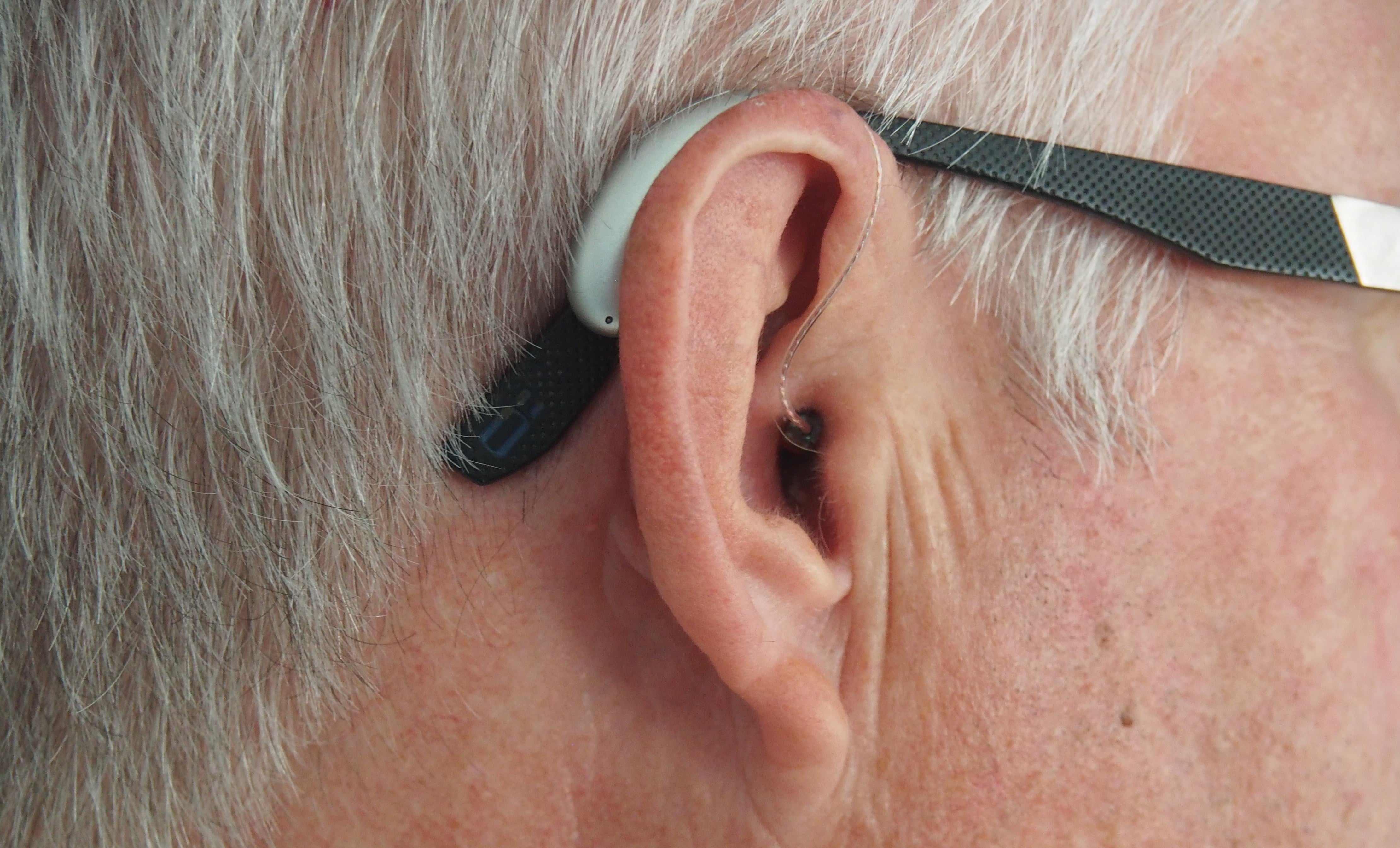Deafness trumps HIV for deaf people living with HIV
[ad_1]
For deaf people living with HIV, or DPLWH, deafness trumps HIV as the challenge, a study led by the University of California at Riverside found.
In 2019, researchers conducted a community-based participatory research project in Palm Springs, California, to explore the main health issues faced by older DPLWH. Three DPLWH aged 55 and over participated in the focus group; four deaf caregivers and community organizers also participated. The focus group was videotaped from multiple angles to capture the facial expressions, gestures and hand movements of all participants to translate American Sign Language, or ASL, into English.
“Research shows that older people living with HIV face high rates of comorbidities and geriatric syndromes,” said Brandon Brown, associate professor in the school of medicine who led the research. “They experience accelerated aging and difficulties in the activities of daily living. Deaf people, as a group, have been largely overlooked in most research. Much less is known about the challenges of aging as DPLWH.
Brown’s team found that problems accessing health care – including communication barriers, cultural incompetence, and poor health literacy – were significant issues for the aging DPLWH community. Additionally, participants indicated that partner support, diet, medication adherence, meditation, exercise, art, and help seeking were key resilient factors for successful aging.
“Deaf people face overwhelming barriers to accessing HIV and other health information and services,†Brown said. “Many have no access. Written English is often not the first language for some people, making it difficult to understand health information in English. Some who are proficient in ASL have poor health literacy, which makes it difficult for them to access health resources. In addition, health care providers may not be culturally competent, which can lead to misunderstandings and poor communication between Deaf people and their health care providers, which puts them at risk of receiving inadequate or inadequate care. insufficient.
A community organizer explained that “when a person has access to the culture and the language, they are better equipped to take care of themselves… the person is also able to seek out different services and demand the access… which often leads the HIV-positive person to live longer. “
Study participants highlighted the need for more health care providers able to communicate directly with ASL patients; and improved training and higher qualification standards for ASL interpreters attending health care visits. Participants also pointed out that many deaf people have difficulty accessing reliable HIV and other health resources online, as surfing the Internet requires written language skills. They expressed the need for a central online resource for credible health and mental health information in ASL to support aging DPLWH.
“Our focus group showed that deafness may have a greater impact on individual well-being than diseases associated with aging with HIV,†Brown said. “Health facilities may consider employing or adopting deaf peer educator programs. “
The focus group, which met for one day, was part of a larger study funded by the Patient-Centered Outcomes Research Institute. It was limited to a single focus group made up of predominantly white, college-educated elderly DPLWHs, their caregivers, and community organizers living in Palm Springs.
“In future research, we hope to better understand the experiences of aging with HIV during deafness among various subpopulations,†Brown said. “We need to include people who are deaf or hard of hearing of all ethnicities in research to understand their health issues and needs. Simply by working closely with deaf people in research, I have a much better understanding of the challenges facing the DPLWH community. Without such interaction, it is difficult to understand what challenges this group faces on a daily basis. “
Brown was joined in the study by Dr. Michelle Didero and Alejandra Cabral at UCLA; Andrea N. Polonijo at UC Merced; and Poorna Kushalnagar at Gallaudet University in Washington, DC.
The research paper, published in the Journal of the Association of Nurses in AIDS Care, is titled “Deafness and Aging Challenges with HIV: Findings from the Palm Springs, Calif., Focus Group.”
Header photo by Mark Paton on Unsplash.
[ad_2]


Comments are closed.